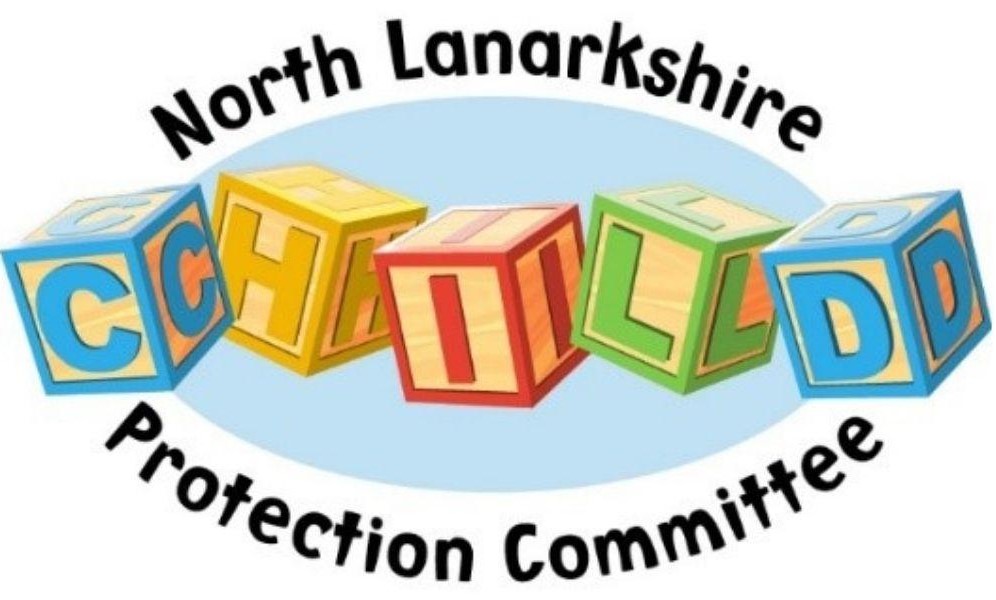Parents and carers or others with parental responsibilities should be invited to the CPPM. They need sufficient time and support before, during and after the meeting to understand shared information, including concerns and decisions. The chair should meet with the family prior to the commencement of the meeting.
The Chair should encourage the parent or carer to express their views, while bearing in mind that they may have negative feelings regarding practitioners’ intervention in their family. The Chair should make certain that parents/carers are informed in advance about how information and discussion will be presented and managed.
Parents/Carers may need to bring someone to support them when they attend the CPPM such as an advocacy worker. They may also request to bring a friend/family member and this will be at the discretion of the Chair. The support person is there solely to support the parent/carer and has no other role within the CPPM.
Exclusion of Parent/Carer
In exceptional circumstances, the Chair may determine that a parent or carer should not be invited to or be excluded from attending the CPMM (for example where bail conditions preclude contact or there are concerns that they present a significant risk to others attending, including the child or young person).
The Chair should identify who will be responsible for informing parents/carers that they will not be attending the meeting and for seeking their views which should be shared at the meeting. The reasons for such a decision must be clearly documented in the CPPM note of meeting (minute).
